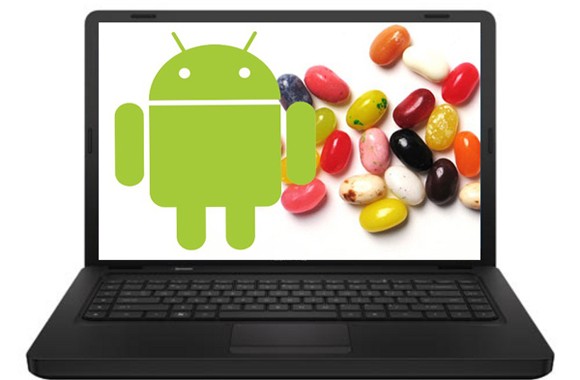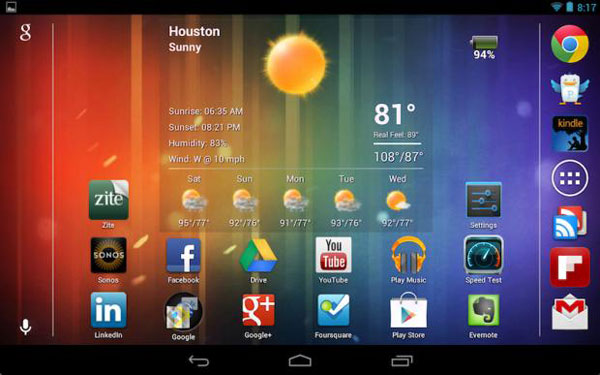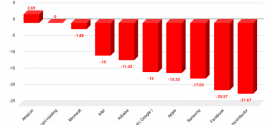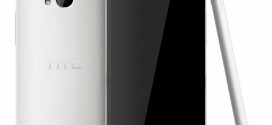Google is focusing on Chrome OS notebooks right now, and it could very well be the future of all notebooks, once LTE is ubiquitous and extremely cheap, so you don’t have to worry about using LTE data as much as you want every day, without worrying about how much you’ll have to pay for it.
However, it could be many years until Chrome OS puts any significant dent in the Windows dominance on PC’s, even though many PC manufacturers are now adopting Chrome OS more aggressively, because they feel a little “betrayed” by Microsoft for trying to compete with them with the Surface machines.
Now that the Chrome OS boss is in charge of Android, too, it’s possible that he will want to make it work on notebooks, too, before any plan of merging the two. Perhaps the reason Andy Rubin stepped down is that he never envisioned Android working on PC’s, and he didn’t want to be responsible for that.
The problem with putting Android on PC’s however is that it needs a UI that is pretty optimized for a notebook. Right now it’s more optimized for phone use, and it’s barely optimized even for tablet use. It doesn’t look as good as it could on larger screens, and Google needs to fix that before moving it to notebooks with even larger screens.
Another problem is the lack of apps for large Android screens. Most developers haven’t yet developed such apps because Google themselves kept telling them from the beginning that their phone apps will scale very well to the large screen, and implying that tablet apps are not needed. Only recently they made a guide for making tablet apps, but now they have to convince everyone again that they need to optimize for large screens.
If they made some Android notebooks, with a new version of Android with a brand new UI for both tablets and notebooks, Google could start promoting Android notebooks to the general population. A lot of people are using Android on their phones (the majority of smartphone users actually), and they would quickly become familiar with Android on notebooks. In fact, I’m sure they would do it even sooner than becoming familiar with “Metro” on Windows 8. Windows 8 is Google’s window of opportunity to jump-start an avalanche of Android notebooks in the market.
[Via EETimes] TechDomino
TechDomino




